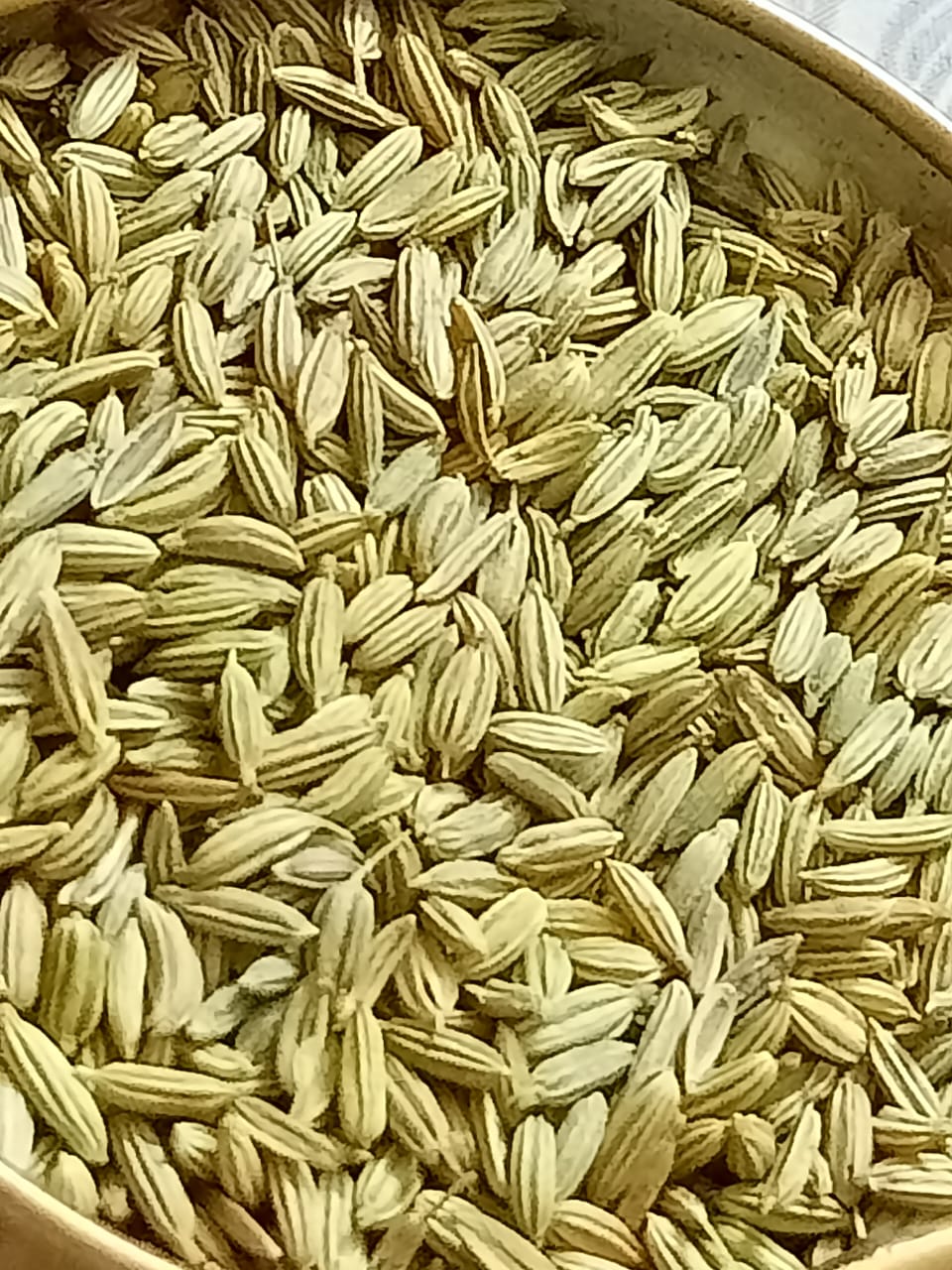Studies show that anise seeds have powerful qualities for human body maintenance, whether about digestion or the immunity system
Anise seeds, also known as Pimpinella anisum, have been used for centuries for their various health benefits. These small Anise seeds good for being packed with nutrients and have powerful properties that can support digestion and boost the immune system.

1. Digestive Health:
Anise seeds have been traditionally used as a digestive aid.
these seeds contain compounds that can help alleviate digestive issues such as bloating, gas, and indigestion. Anise seeds can promote the production of enzymes that aid in digestion, helping to break down food and ease discomfort.
2. Anti-inflammatory Properties:
this seed has anti-inflammatory properties that can help reduce inflammation in the body. Chronic inflammation can lead to various health problems, including digestive disorders and weakened immune function. Consuming such seeds regularly may help to reduce inflammation and promote overall well-being.
3. Immune System Support:
Anise seeds are rich in antioxidants, which can help strengthen the immune system. Antioxidants protect the body against oxidative stress caused by free radicals. By consuming anise seeds, you can provide your body with the necessary antioxidants to combat harmful free radicals and support a healthy immune system.
4. Antimicrobial Effects:
Anise seeds have natural antimicrobial properties, which means they can help fight against harmful bacteria and fungi. These properties are beneficial for maintaining a healthy gut flora and reducing the risk of infections.
5. Respiratory Health:
Anise seeds have been used as a natural remedy for respiratory ailments such as coughs and colds having expectorant properties that can help loosen mucus and relieve congestion, making it easier to breathe.
When incorporating anise seeds into your diet, you can use them in various ways. These seeds can be added to meals, used in teas, or even chewed on directly.
However, it’s important to note that anise seeds should be consumed in moderation, as excessive intake may cause adverse effects.
As with any dietary change or supplement, it’s always a good idea to consult with a healthcare professional before incorporating anise seeds into your routine, especially if you have any pre-existing health conditions or are taking medication.
a. How can anise seed be used in cooking?
Anise seed is a popular ingredient in both sweet and savory dishes. It can be used to flavor bread, cookies, cakes, and pastries, adding a delightful twist to traditional recipes. Additionally, anise seed is often included in spice blends, such as Chinese five-spice powder and Indian garam masala, to enhance the overall flavor profile.
b. What are some specific recipes that feature anise seed?
Anise seed can be used in a variety of dishes, such as anise-flavored liqueurs like absinthe and ouzo, anise biscotti, anise-flavored teas, and even in savory dishes like roasted vegetables or grilled fish. Its versatility allows for endless culinary possibilities.
3. Health benefits of anise seed:
a. What are the medicinal properties of anise seed?
Anise seed contains various compounds that possess medicinal properties, including antioxidants, anti-inflammatory agents, and antimicrobial properties. These properties may help improve digestion, relieve symptoms of bloating and gas, reduce inflammation, and support overall immune health.

b. How can anise seed be used for medicinal purposes?
Anise seed can be consumed in various forms to reap its health benefits. It can be brewed into tea, added to herbal remedies, or used as a natural flavoring in homemade cough syrups or digestive tonics. Anise seed essential oil is also available and can be used topically or aromatically for therapeutic purposes.
c. How to store anise seed properly?
To preserve the flavor and aroma of anise seed, it is best to store it in an airtight container in a cool, dark place, such as a pantry or spice cabinet. This will help prevent moisture and heat from affecting its quality. Anise seeds good for high blood pressure.
d. How much anise seed to use in recipes?
The amount of anise seed used in recipes can vary depending on personal preference and the specific dish being prepared. As a general guideline, start with a small quantity and adjust according to taste. Remember that anise seed has a strong flavor, so a little goes a long way.
To summarize, anise seeds possess potent properties that can promote gastrointestinal well-being and enhance the body’s natural defenses. Incorporating these seeds into your diet can be a natural and beneficial way to maintain overall well-being.
